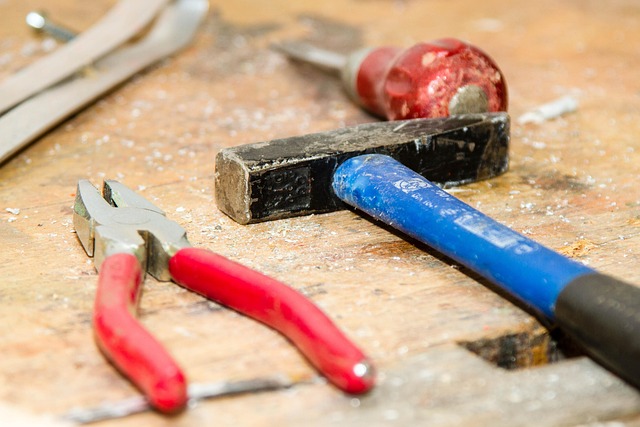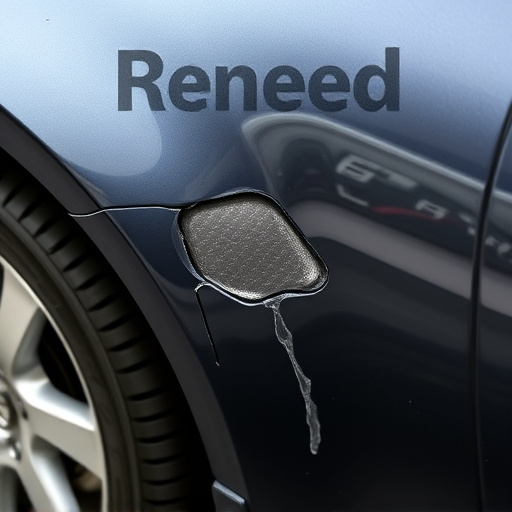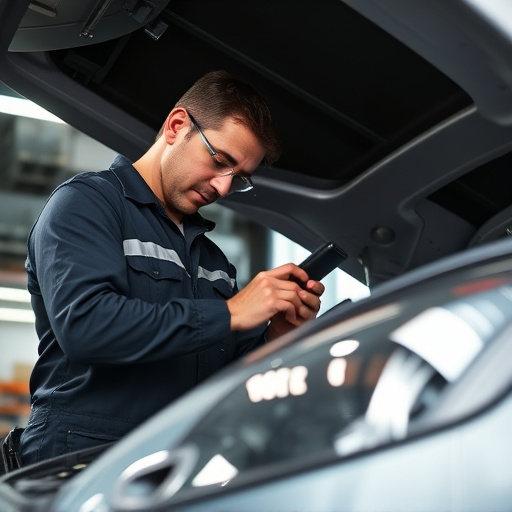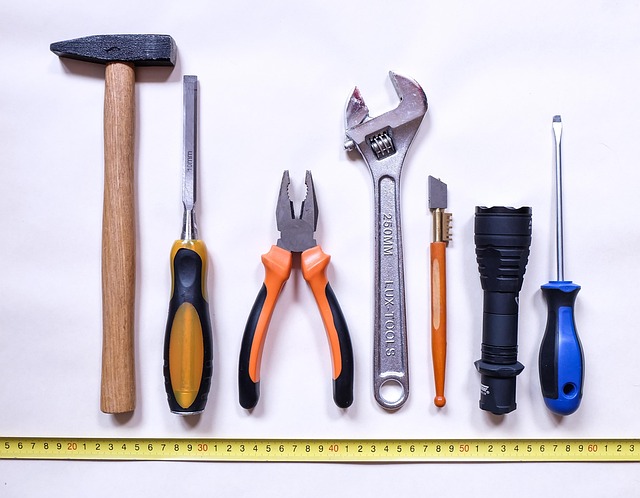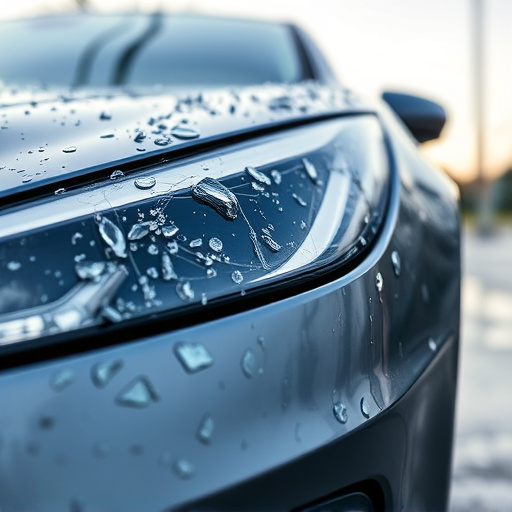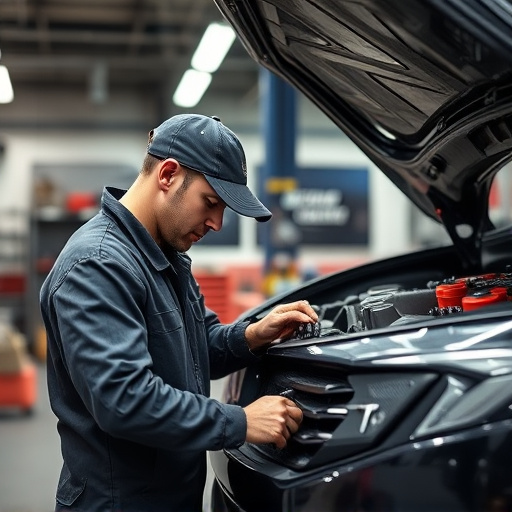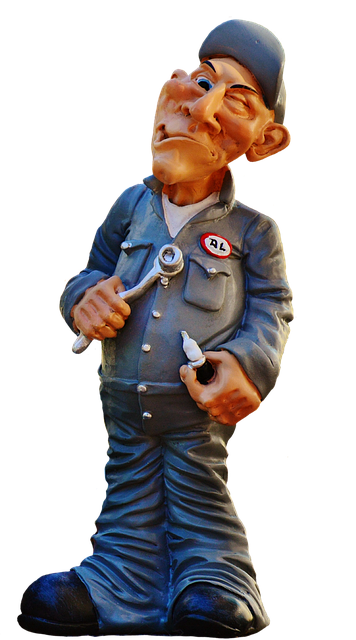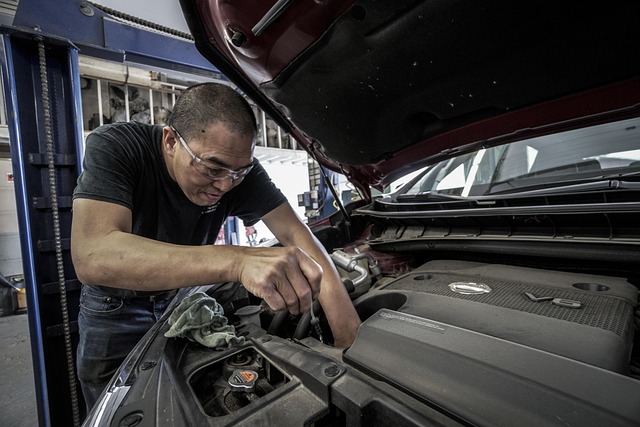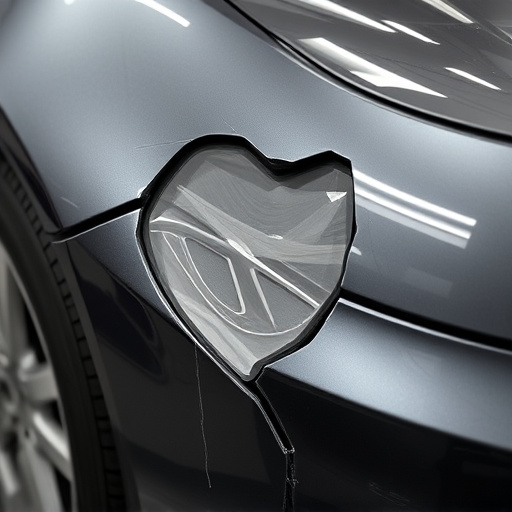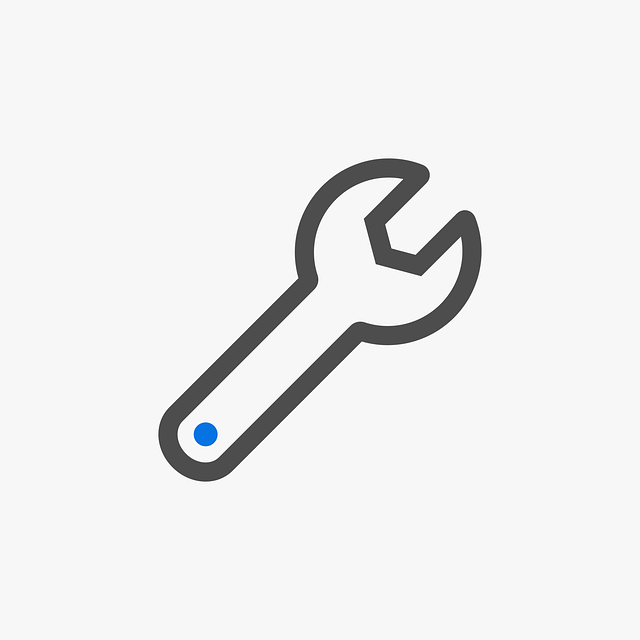Auto body shop insurance is a crucial shield for vehicle repair businesses, protecting against financial losses from accidents, damages, and liability claims. Policies offer tailored coverage for collision repairs, painting, and specialized services like paintless dent repair. Key coverages include property damage protection, liability for injuries, comprehensive and collision insurance, and business interruption coverage, catering to diverse shop needs, from minor repairs to antique restoration or advanced technologies. Customized policies ensure peace of mind and financial security in this competitive industry.
Auto body shops are integral parts of our transportation infrastructure, offering crucial services that keep vehicles on the road. To navigate the complexities of operations and protect against financial risks, understanding auto body shop insurance policies is essential. This article delves into the intricacies of these policies, breaking down key types of coverage, customization options, and additional considerations to help business owners make informed decisions for their protection.
From liability to property coverage, exploring these aspects ensures your auto body shop is shielded from potential losses.
- Understanding Auto Body Shop Insurance Policies
- Key Types of Coverage: What You Need to Know
- Customization and Additional Considerations
Understanding Auto Body Shop Insurance Policies
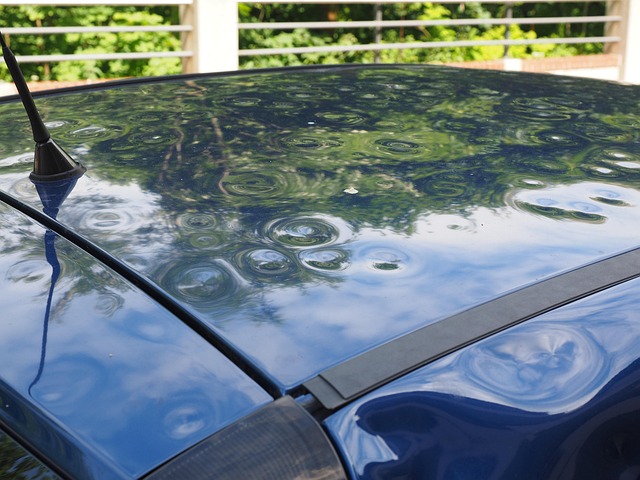
Auto body shop insurance is a crucial aspect for any business involved in vehicle repair and restoration. These policies are designed to protect shops from potential risks and financial losses that may arise during operations. Understanding the coverage options available is essential for owners to make informed decisions regarding their investment. Auto body shop insurance policies typically cover a range of services, including but not limited to, collision repairs, painting, auto glass repair, and specialized treatments like paintless dent repair.
Each policy varies in its scope and terms, offering different levels of protection. Some policies might include comprehensive coverage, ensuring the shop is protected against various risks, from natural disasters to vandalism. Others may focus on specific areas, such as providing extensive cover for intricate interior restoration or specialized equipment used in modern vehicle repairs. By assessing their unique needs, business owners can select policies that offer tailored protection, giving them peace of mind and financial security.
Key Types of Coverage: What You Need to Know
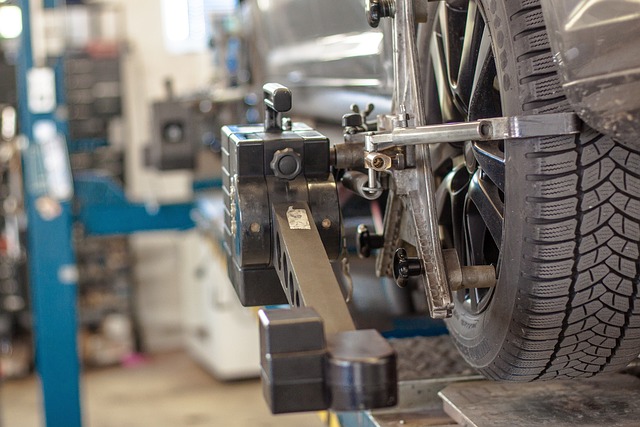
In the realm of auto body shop insurance, understanding the key types of coverage is paramount for business owners and operators to ensure they’re adequately protected against potential risks and liabilities. Auto body shops engage in a variety of services, from minor repairs like bumper repair to more extensive auto bodywork, each carrying its own set of risks. Therefore, their insurance policies must be tailored to cover these diverse operations effectively.
Primarily, auto body shop insurance policies typically include coverage for property damage, which protects against losses arising from accidents or incidents that may occur within the shop premises. Additionally, liability coverage is essential, safeguarding against claims related to injuries sustained by customers, employees, or third parties on the shop’s property. Other significant types of coverage encompass comprehensive and collision insurance, which protect against damages to the shop’s facilities and equipment, as well as vehicles under their care, respectively. These coverages are crucial for auto body shops offering a range of services, from routine auto maintenance to complex bodywork restoration.
Customization and Additional Considerations
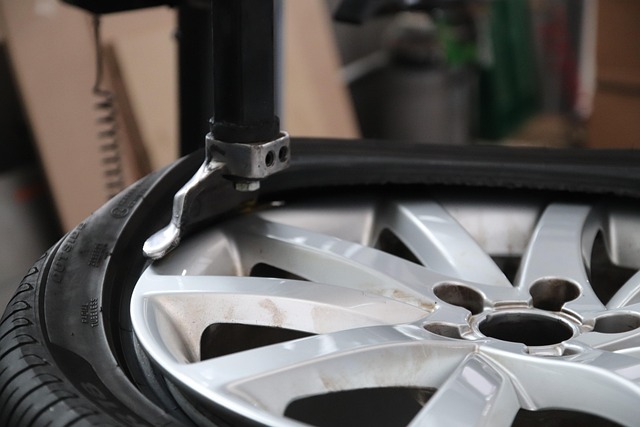
When it comes to auto body shop insurance, customization is key. Each collision center has unique needs based on their specialization and the services they offer. For instance, a shop specializing in car body restoration may require specific coverage for rare or antique vehicles, which might include provisions for specialized parts and techniques. Similarly, an auto body shop with advanced equipment, such as robotic welding or paint-jet technology, should have insurance that accounts for these investments.
Additional considerations extend beyond the shop’s physical assets. Many policies also cover liability for on-site injuries to employees or customers, and property damage caused by the shop’s operations. This is particularly important in a collision center where vehicles are regularly handled, repaired, and stored. Moreover, auto body shop insurance should consider business interruption coverage, which can help maintain financial stability during unforeseen events like natural disasters or extended shutdowns due to equipment failure. By tailoring their policies to these specific needs, shops ensure they’re adequately protected against potential risks and liabilities associated with the car body shop business.
When it comes to safeguarding your auto body shop, understanding the intricacies of insurance policies is paramount. By familiarizing yourself with the key types of coverage and customization options available, you can ensure that your business is protected against a range of potential risks. Investing in the right auto body shop insurance policy is not just about compliance; it’s a strategic move to safeguard your investments, maintain customer trust, and navigate the complexities of the repair process with confidence.
